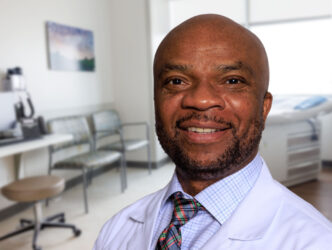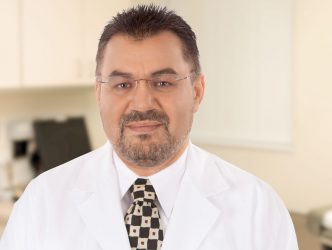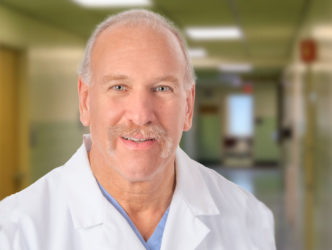The biggest event of the year is right around the corner: the North Dakota State Fair. At the end of July, the festivities will begin, and you can bet that Trinity Health will be there!
In the vast sea of booths, be on the lookout for Trinity Health’s booth at the Commercial III building featuring our Family Birth Center and D.B. Flickinger Surgical Center, both of which are located in the newly opened Healthcare Campus and Medical District. You can also find more Trinity exhibits at the Family Festival on July 25 and the Senior Festival on July 27.
During the Family Festival, the Midwifery staff and the Home Health and Hospice staff will be at the booth with educational materials, games and information on sleep safety for babies. At the Senior Festival, you can find Trinity Health Regional Eyecare giving eye pressure screenings; RNs giving information about stroke awareness; staff conducting free blood pressure screenings; as well as staff from RehabCare.
July 21-29 – Trinity Health Main Booth – Family Birth Center and D.B. Flickinger Surgical Center
July 25 – Family Festival – Midwifery & Home Health and Hospice
July 27 – Senior Festival – Trinity Health Regional Eyecare, Stroke Awareness, Free Blood Pressure Checks and RehabCare
Whether you are enjoying a funnel cake, riding the Tilt-A-Whirl, watching a concert or shopping to your heart’s content, there is one constant amongst them all: the sun. Invisible rays of ultraviolet light are constantly affecting everything on Earth, including you. These rays can cause skin cancers and advance the appearance of aging. However, there are ways that you can protect yourself. By applying a layer of sunscreen with a sun protective factor, or SPF, of 30 or higher during the time that UV rays are the strongest, 10 a.m. to 4 p.m., can reduce your risk of skin cancer.
A preferred type of sunscreen by dermatologists are the mineral sun sticks. Resembling a stick of deodorant, they can be rolled on. Mineral sun sticks are a quick and easy way to get some sunscreen on important areas such as the nose, ears, cheeks, forehead and shoulders.
If you are not a fan of sunscreen, there are other ways to protect yourself such as: staying in the shade as much as possible; wearing long sleeve clothing and pants; wearing a wide-brimmed hat; and also donning sunglasses, which protect against cataracts too.
So, you tried all of the above, but the odds won and now you have a sunburn. How do you care for a sunburn? First, a sunburn is a painful sign of skin damage from spending too much time outdoors without protective measures and sometimes occurs even with protective measures. In addition to the skin, eyes can be burned from sun exposure, whether it be directly from the sun on a clear or cloudy day or even indirectly from the reflection of the sun off water or snow.
There is good news and bad news. The bad news first, there is no quick cure for sunburn. The good news: if treated properly, a sunburn’s symptoms can be managed, and discomfort minimized. Alleviating the symptoms of a sunburn can include:
- Taking aspirin, acetaminophen, or ibuprofen to relieve pain and headache and reduce fever.
- Drinking plenty of water to replace fluid losses.
- Cool baths or the gentle application of cool wet cloths on the burned area may also provide some comfort.
- Avoiding further exposure until the burn has resolved.
- Additional symptomatic relief may be achieved through the application of a topical moisturizing cream, aloe, or 1% hydrocortisone cream.
- A low-dose (0.5%-1%) hydrocortisone cream, which is sold over the counter, may be helpful in reducing the burning sensation and swelling and speeding up healing.
No matter what your plans are for the summer, State Fair or not, the sun doesn’t go away thus making UV safety incredibly important and while sunburns can be especially bothersome, other concerns can arise from sun exposure as well. Extended exposure to the sun can increase the risk of skin cancer, both melanoma and non-melanoma and the most important thing that people can do is to look at their skin and be familiar with their skin.
If you find yourself with a sunburn too severe to manage with at-home first aid, contact your primary care provider or visit the Trinity Health FirstCare clinic in the Medical Arts building at 400 Burdick Expressway East, Minot.




